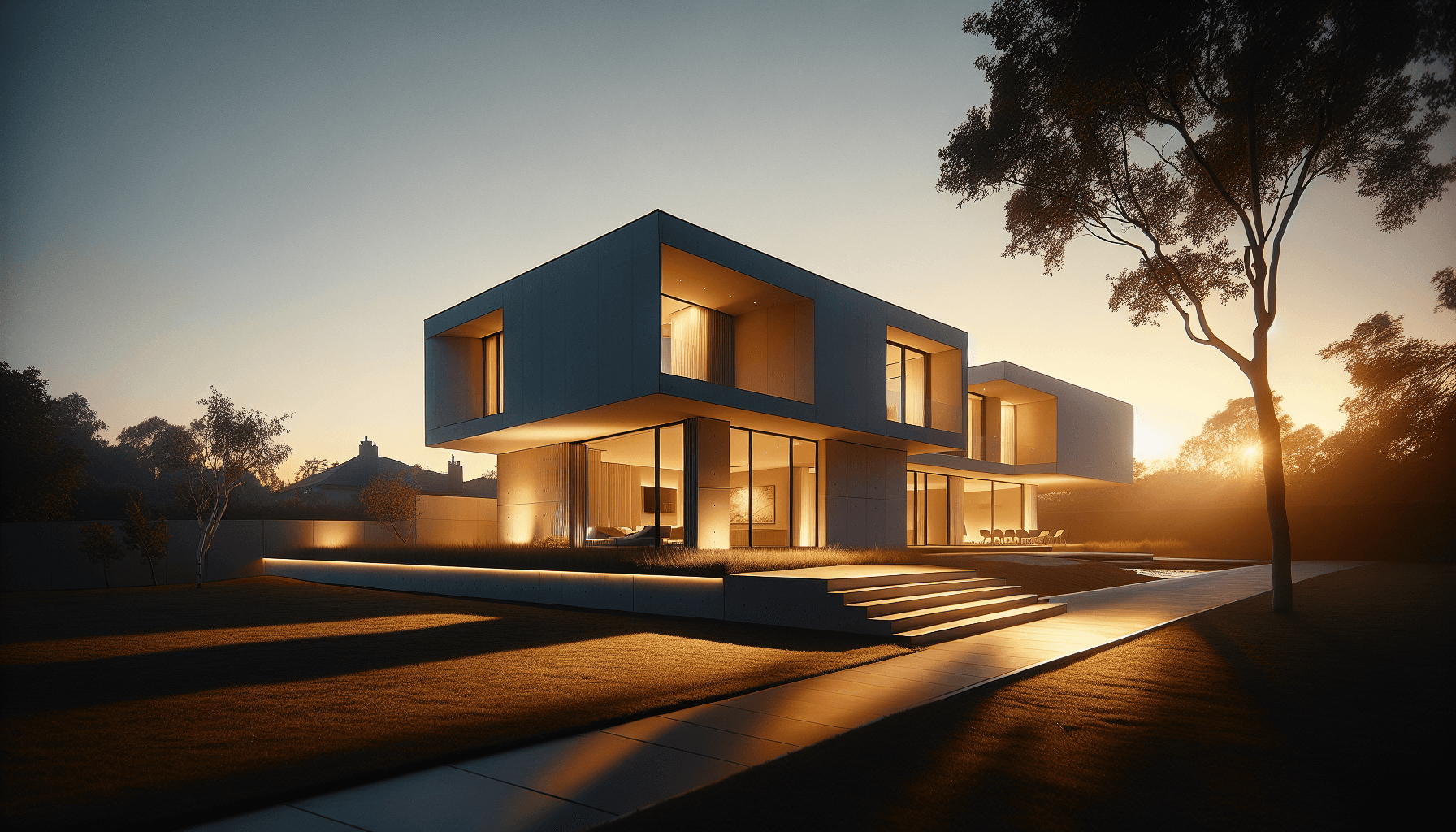What is a Mobile Home and How Does it Differ from Regular Houses?
I remember the first time I saw a modern mobile home - it completely changed my perspective on manufactured housing. Gone are the days of the basic "trailer" stereotypes. These homes have transformed into sophisticated living spaces that offer incredible value and flexibility for homeowners.
Mobile Home: A mobile home is a factory-built residential structure that is transported to its final location on a permanent chassis with wheels. These homes, which can be single-wide, double-wide, or triple-wide units, are designed to be placed on temporary or permanent foundations and are typically more affordable than traditional site-built homes.
The Evolution of Mobile Homes in American Housing
Mobile homes trace their roots back to the 1920s, growing alongside America's car culture. They started as actual travel trailers, but by the 1950s, they had evolved into more permanent housing solutions. Now, these homes represent a significant portion of America's housing market, offering affordable options for millions of families.
Types of Mobile Homes
Single-wide Units
Single-wide mobile homes typically measure 14-18 feet wide and 66-80 feet long. They're perfect for smaller lots and individual living. I find these units particularly smart for first-time homebuyers or those looking to downsize.
Double-wide Units
Double-wide homes offer twice the width of single-wide units, creating a more spacious living environment. They come with various floor plans, including split bedroom designs and open-concept layouts that feel just like traditional homes.
Triple-wide Units
These luxury units provide the most space and often include high-end features like walk-in closets, spa-like bathrooms, and gourmet kitchens. They're hard to distinguish from traditional homes once placed on their foundation.
Mobile Homes vs. Traditional Houses
The main difference lies in the construction process. Mobile homes are built in climate-controlled factories, which actually allows for better quality control. Each section moves through various construction stations, with inspections at each step.
The cost difference is significant:
Mobile homes cost 20-30% less per square foot
Installation takes days rather than months
Labor costs are reduced through factory efficiency
Financial Considerations
Financing a mobile home differs from traditional home loans. You might use:
Chattel loans (for the home only)
Traditional mortgages (if you own the land)
Personal loans (for older units)
Legal and Zoning Considerations
All mobile homes must meet HUD code requirements, which set standards for:
Construction safety
Energy efficiency
Design specifications
Transportation requirements
Modern Mobile Home Living
Modern mobile homes offer amazing customization options. You can select:
Custom cabinet finishes
Energy-efficient appliances
Smart home technology
Designer lighting fixtures
Common Misconceptions
I often hear concerns about mobile home quality and safety. The truth? Modern mobile homes are built to strict federal standards and can withstand similar weather conditions as traditional homes. They're not the flimsy structures of decades past.
Advantages of Mobile Home Ownership
The benefits are clear:
Lower purchase price
Reduced maintenance costs
Quick move-in timeline
Flexible location options
Potential Challenges
Be aware of:
Land lease considerations
Specific insurance requirements
Different financing options
Location restrictions
Making the Decision
Consider your lifestyle needs:
Budget constraints
Desired location
Space requirements
Long-term housing plans
Ready to Explore Mobile Home Options?
Bellhaven Real Estate specializes in helping buyers find their perfect mobile home. Our team knows the local market inside and out, and we're ready to guide you through every step of the process. From finding the right community to securing financing, we're here to make your mobile home purchase smooth and successful.

